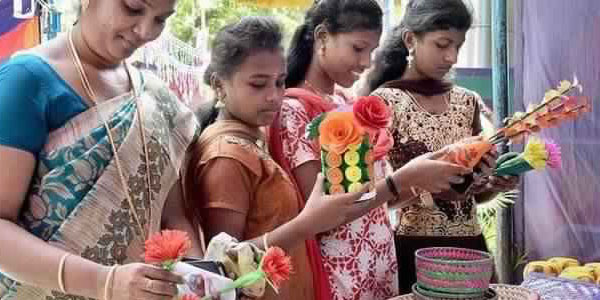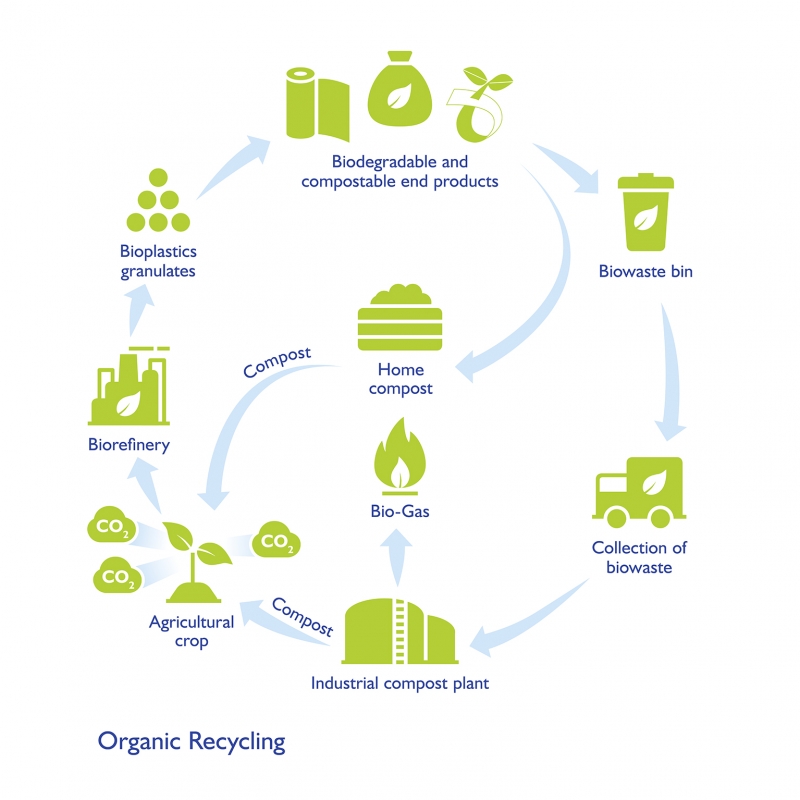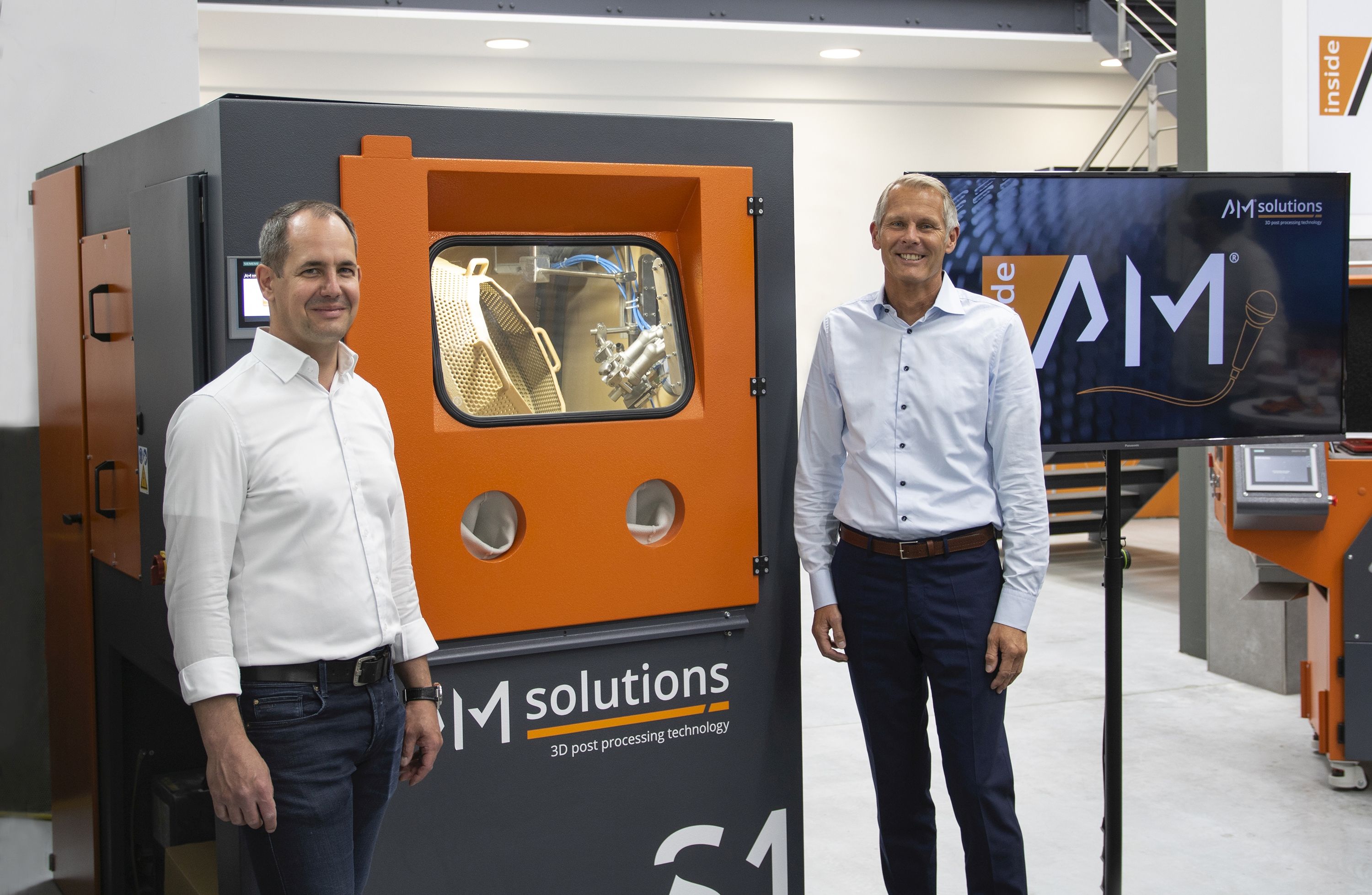The two-day event that featured 50 stalls evoked good response
The vehicles parked in and out of and the buzz inside the Coimbatore Corporation’s Kalaiarangam on T.V. Samy Street, R.S. Puram, can easily be mistaken for another Deepavali shopping exhibition.
But the board placed at the western gate suggests that it is not another exhibition and is one of a kind. ‘Manjappai’, the board says, in bold letters.
Inside, there are nearly 50 stalls that showcase products that can be alternatives to plastic wares, says R. Raveendran, secretary, Residents Awareness Association of Coimbatore (RAAC).
The Association along with the Coimbatore Corporation and a few others have organised the two-day exhibition, which started on Saturday.
The first day was for restaurant owners, representatives of catering industry and others who use a number of plastic goods to carry on their daily business. It was to give them an idea of the alternatives available in the market and explore the possibility of using those.
The second day was for members of the public, who too can know of the various alternatives that they can use at homes.
The response from the industry representatives has been good as they evinced interest in the products and sought details. But it remains to be seen if their interests turn to orders, says S. Premalakshmi, founder, kaaGidham
She has showcased paper products ranging from paper bags to condiment box (anjarai petti) to paper lines that are to be used in bins.
Right next to her stall is Vishal Jain’s. He sells products made of bagasse. He says meal trays, containers, snack plates, bowls and compartment trays are available.
Showcasing alternatives to PVC banners is Shiva Texyarn Limited, which manufacturers cotton and polyester materials that substitute PVC banners.
Attracting eyeballs on the first floor of the exhibition is the sanitary pad made of kenaf (pulicha keerai). Students S. Gowtham and R. Niveda have developed the pad, which, they claim, is environment friendly and has better absorption capacity than most other pads.
The students, who developed it as part of their project, are in the process of going fully commercial.
There is Plantcil, a company that manufacturers pencils made of waste paper and pencils with seeds that can be planted after use. It is also into manufacturing various paper products from invitations to visiting cards which can be planted to grow the embedded seeds.
And, then there are stalls that showcase cloth pad, wooden articles and residents’ associations that train people to produce compost at homes.
Mr. Raveendran says the exhibition is not just about creating awareness as many city residents are aware of the need to reduce, if not eliminate, plastic wares.
It is about showcasing them the alternatives because that is what people are in search of.
Source : www.thehindu.com







